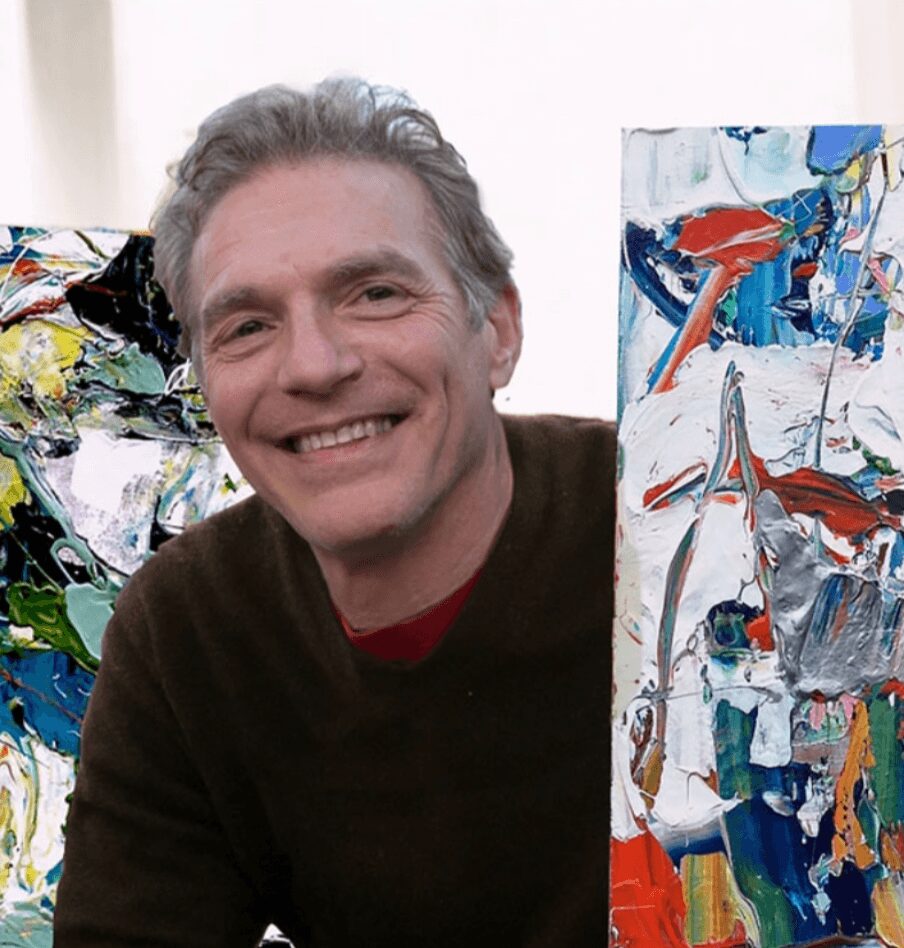Adam Cohen shared their story and experiences with us recently and you can find our conversation below.
Hi Adam, thank you for taking the time to reflect back on your journey with us. I think our readers are in for a real treat. There is so much we can all learn from each other and so thank you again for opening up with us. Let’s get into it: What is something outside of work that is bringing you joy lately?
Something that’s been bringing me joy lately is spending time in nature and traveling to explore new places. Getting outside my usual environment – whether it’s a trail, a new town, or simply a different kind of landscape – sparks a lot of creativity for me. I come back with fresh ideas and a renewed perspective, which carries over into my work.
Can you briefly introduce yourself and share what makes you or your brand unique?
I am an abstract painter, whose work has been shown both domestically and internationally. My style is a personal and distinctive form of gesture abstraction. Over the years, that has developed into its own visual language . I began painting at the age of 12, studying with Lili, Marzell, and later attended the Tyler School of Art in Philadelphia, including a year painting in Rome, Italy.
In 1989, at the dawn of digital art, I was among the first 10 artists to use a computer to create artwork, building a successful career beginning with Photoshop version one. When I returned fully to Painting in 2000, I discovered a renewed passion in abstraction, cultivating a process that balance is structure, accident, and discovery.
Critic Carter Ratcliff described my work as “gestural abstraction… A surface alive with color, swarming with incident.” He noted that each painting can be experienced first as a sudden burst of light, and then as a layered history of painterly decisions. For me, each canvas is both an active exploration and a reflection of the evolution of creative vision itself.
Appreciate your sharing that. Let’s talk about your life, growing up and some of topics and learnings around that. Who saw you clearly before you could see yourself?
My earliest teacher, Lili Marzell, saw me as an artist long before I claimed that word for myself. I was only 12, but she treated my work with the seriousness of someone who believed I had a real voice. That gave me permission to pursue painting as more than a hobby – it was a way of life. I think that recognition planted the seed of confidence that allowed me to keep painting, even through detours into digital art, and other careers.
Was there ever a time you almost gave up?
Yes, there were moments where I almost gave up. But I came to realize there are things in life you do, and then there are things in life that call you. When it’s a calling, there’s a kind of gravity – you feel you don’t have a choice. For me, painting is that. It’s my music, my voice, my most natural form of communication.
Even in the darkest moments, that calling pulled me back. Creating felt like the only way I could truly exist and connect. And when what comes from deep within you resonates with others -when it creates that universal connection – you understand it’s not just about survival anymore. It’s about giving your gift away. That realization has carried me through.
So a lot of these questions go deep, but if you are open to it, we’ve got a few more questions that we’d love to get your take on. Whom do you admire for their character, not their power?
I admire people who lead with authenticity and kindness rather than influence or authority. For me, true strength is shown not in how much power someone can wield, but how they use their voice and presence to uplift others. The people who impressed me most are often not the loudest in the room – they are the ones who listen deeply, stay consistent in their values, and act with integrity, even when no one is watching. That kind of quiet character lasts far longer than any display of power.
Thank you so much for all of your openness so far. Maybe we can close with a future oriented question. What is the story you hope people tell about you when you’re gone?
I hope the story people tell is that I lived my life with courage, creativity, and generosity of spirit. That I took the raw material of struggle and turned it into something luminous – paintings they gave people a way to feel, to see, and to connect more deeply with themselves and the world. I’d want them to say that I never stopped exploring, that I saw beauty and meaning in unexpected places, and that I shared what I found, without holding back. Most of all, I’d want to be remembered as someone who left behind, not just a body of work, but a reminder that even in chaos there can be light, and even in fracture there can be wholeness
Contact Info:
- Website: https://adamcohenstudio.com
- Instagram: https://www.instagram.com/adamcohenstudio/
- Other: https://oenogallery.com/artists/adam-cohen/#sort-added;desc
https://www.ravagnangallery.com/en/artists/adam-cohen/521
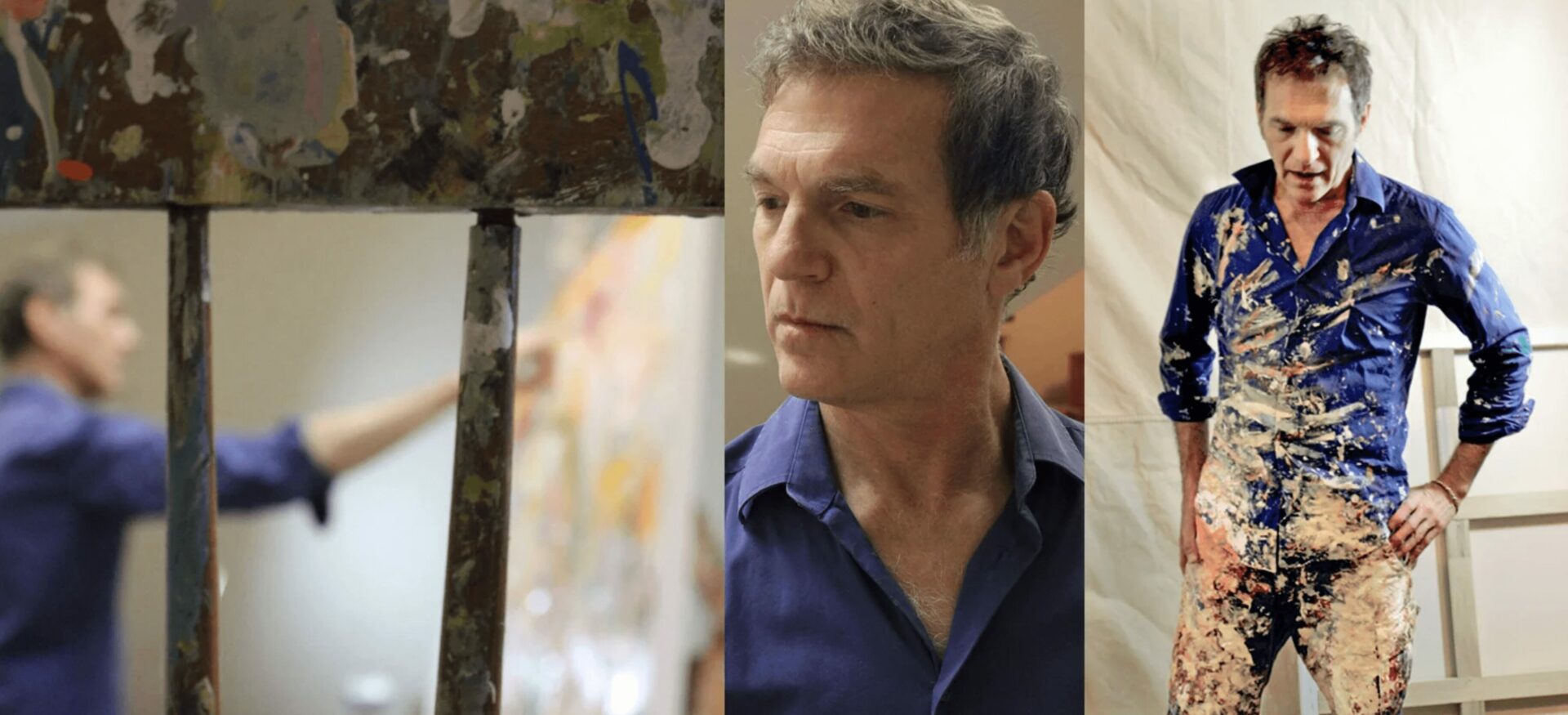
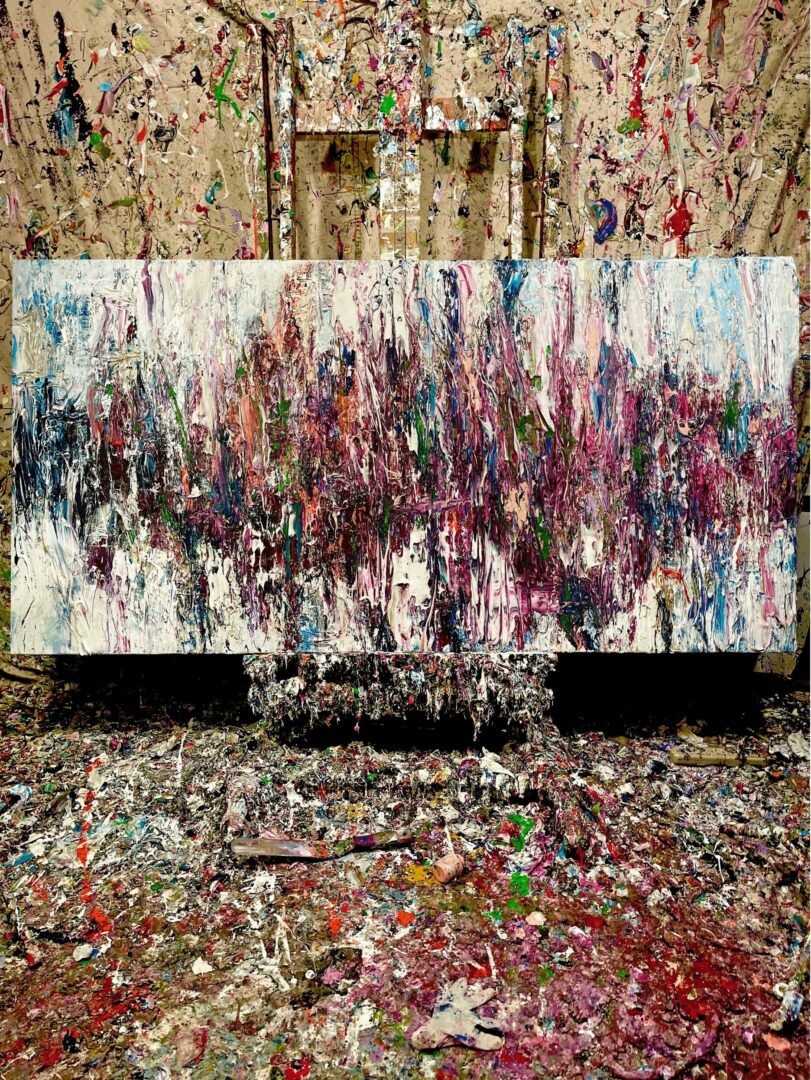

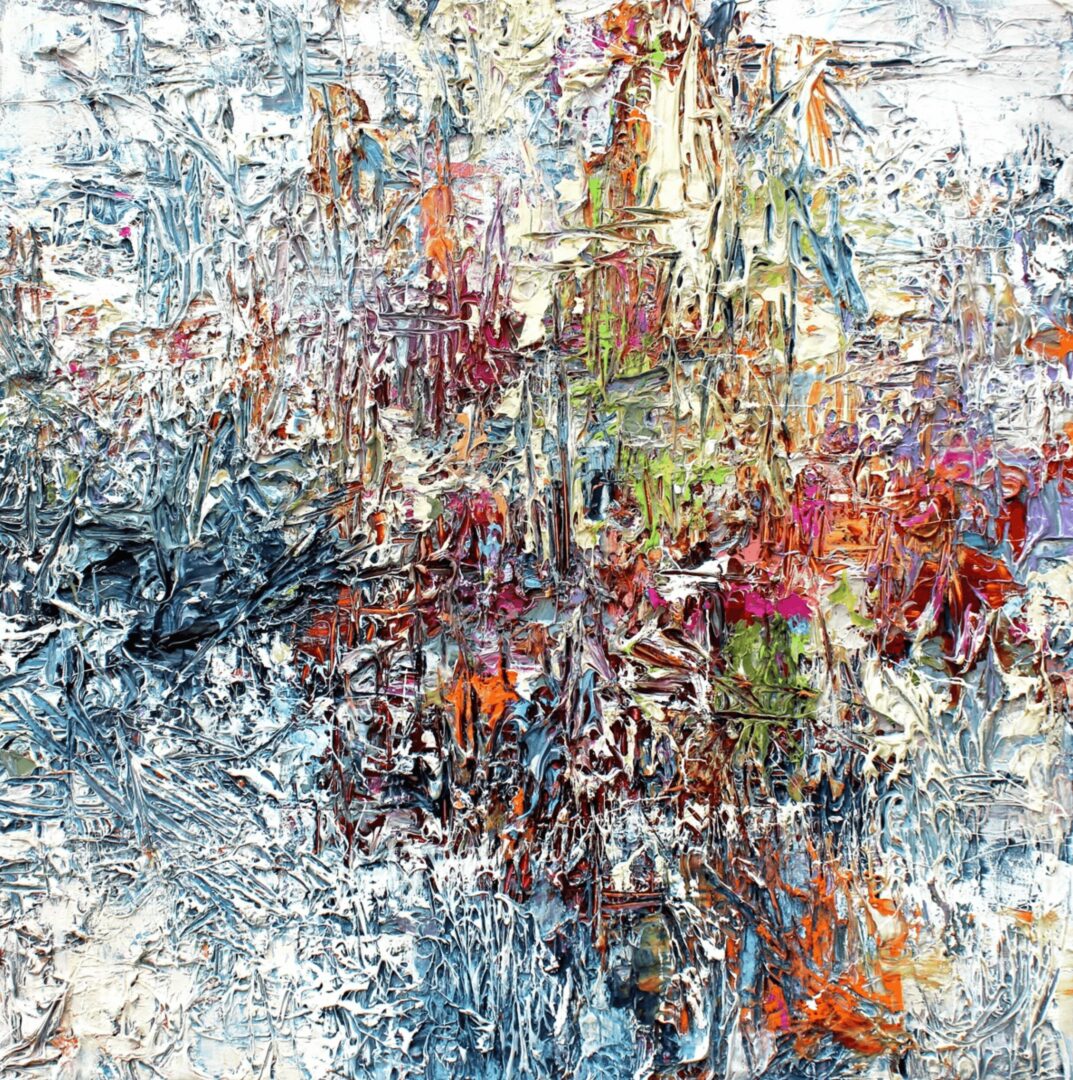
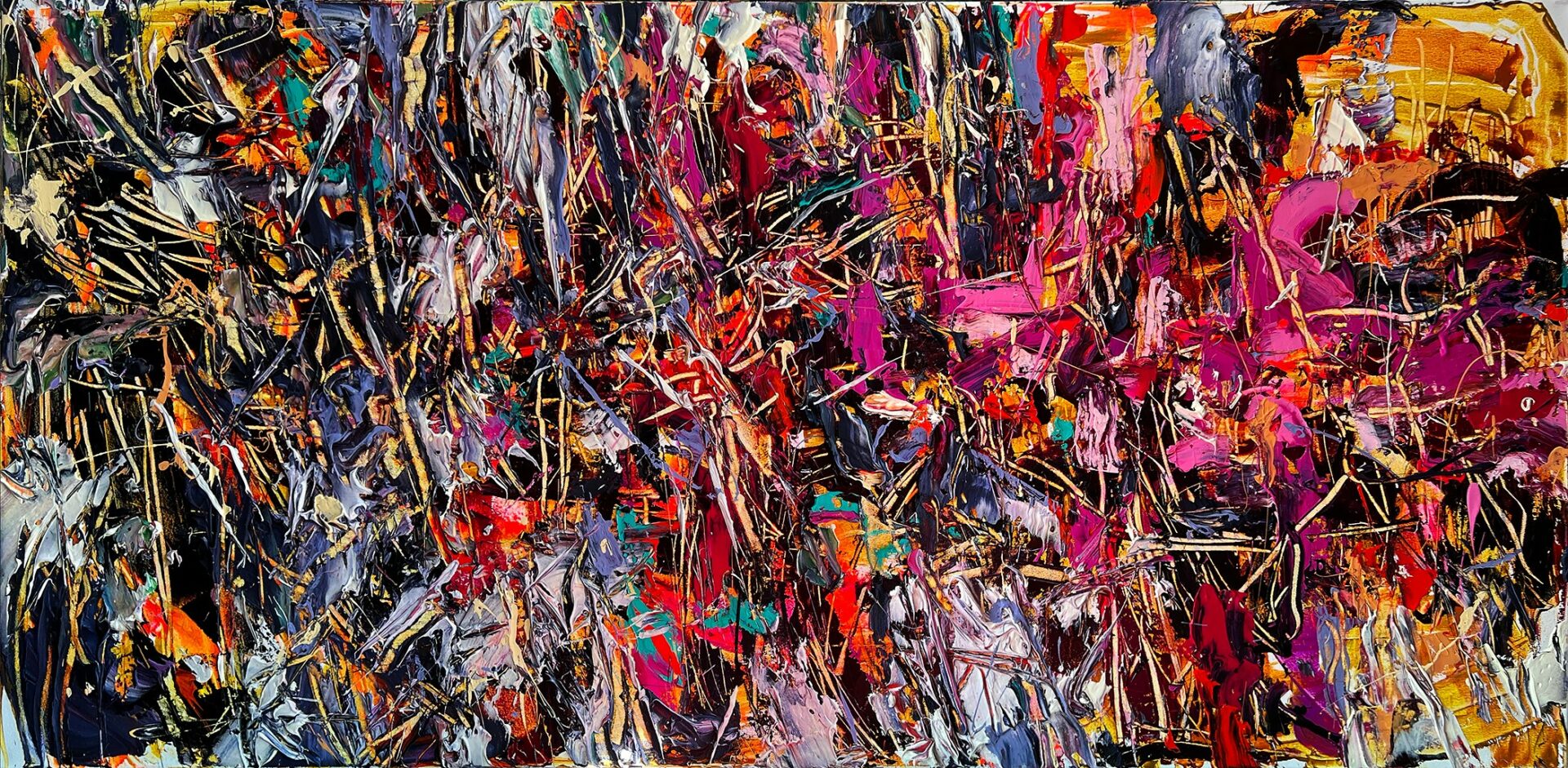
Image Credits
Adamcohenstudio
so if you or someone you know deserves recognition please let us know here.

